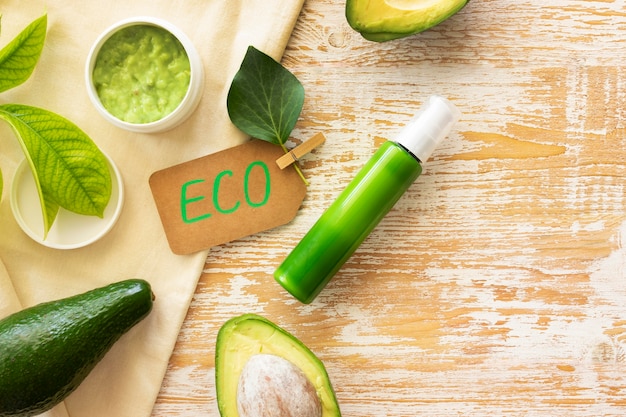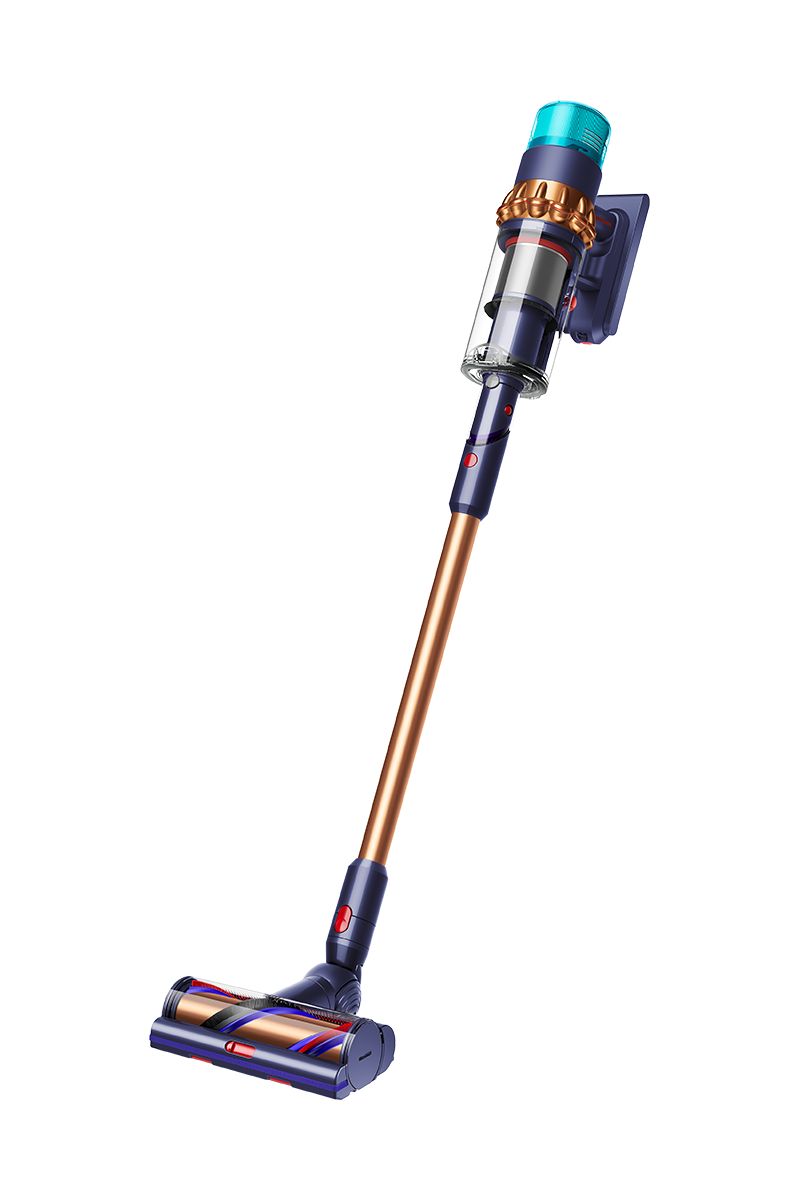
Studies show that women typically use about 9 cosmetic products daily, excluding makeup, which itself can contain over 100 different synthetic ingredients. Consider this: all these chemicals have been applied to your skin for years, and the long-term effects of such regular exposure are still largely unknown. Imagine if cosmetics were like food for your skin – would you choose to nourish your skin with GMOs and harmful chemicals?
If you wouldn’t, you might be part of a growing group of women shifting towards a healthier, greener lifestyle. This includes seeking out organic food, clothes made from natural fabrics, and natural cosmetics. Unlike conventional cosmetics, which often contain many artificial ingredients and may have been tested on animals, organic products are generally safer for both you and the environment.
Organic beauty and makeup products are crafted with natural, biological ingredients that are either grown without artificial fertilizers, herbicides, pesticides, or are wild-harvested from environmentally friendly areas. The cultivation of organic raw materials is focused on protecting the environment, the quality of the soil, and groundwater.
Organic cosmetics eliminate some of the most harmful components found in skincare, such as parabens and phthalates. They also avoid synthetic substances and petroleum-derived products that can harm the skin’s protective barrier. Instead of artificial preservatives that could damage skin cells, they use a variety of essential oils, resins, and waxes.
So, how can you tell what’s truly safe? Many products self-label as “organic,” but it’s important to scrutinize the ingredients list carefully. Some big brands prominently display “ORGANIC” on their labels, yet a closer examination may reveal a long list of chemical preservatives and synthetic oils. One organic ingredient doesn’t mean the entire product is natural.
True organic products undergo a certification process and bear a specific stamp or logo that verifies their authenticity. If a product lacks such indicators and does not list the certifying body, it’s likely not genuinely organic. There are organizations that certify raw materials like rosewater, lavender water, or beeswax as organic.
When purchasing organic products, it’s best to choose those produced locally, as they are made to suit the local environmental conditions, taking into account factors like air and water quality. If you’re uncertain about a product, you can research it in online cosmetics databases for more detailed information. Keep in mind that just because a product is organic doesn’t mean it’s entirely harmless. Make informed decisions and select wisely.
